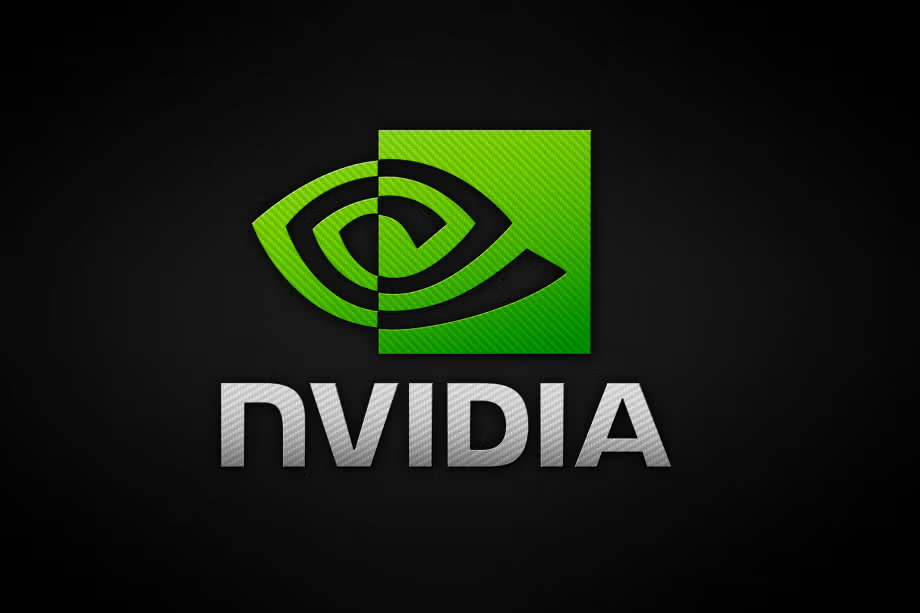Elon Musk's xAI is venturing into the gaming world, developing an AI-generated video game powered by "world models". This ambitious project aims to blend gaming, robotics, and real-world physics, potentially redefining the future applications of AI. The game is expected to launch before the end of 2026.
World Models: The Core Technology
The foundation of this AI-generated game lies in the development of "world models". These next-generation AI systems are designed to understand and interact with the physical world, going beyond traditional text or image-based AI. World models learn from video footage and robotic data to grasp real-world dynamics, including motion, light, and cause-and-effect relationships. This allows the AI to develop a sense of physical intuition, understanding how objects behave in three-dimensional environments.
Unlike current AI models that primarily predict words or pixels, world models aim to understand how objects behave in 3D environments, how a ball bounces, how light moves, or how a robot navigates a cluttered room. This technology could enable AI to generate immersive and dynamic 3D environments for gaming.
Nvidia Expertise Fuels xAI's Ambitions
To accelerate its world-model development, xAI has been strategically hiring top researchers from Nvidia. Nvidia has been a pioneer in this field, notably with its Omniverse platform, which lets developers simulate realistic digital worlds. Specifically, Zeeshan Patel and Ethan He, both former Nvidia researchers with expertise in realistic digital modeling, have joined xAI.
Competition in the AI Arena
This project places xAI in direct competition with tech giants like Meta and Google, who are also developing AI capable of learning from and simulating the real world. These companies are racing to create machines that can learn from the real world and even build new ones. Nvidia believes the potential market for this technology could be as large as the entire global economy, unlocking innovations across robotics, industrial automation, and autonomous vehicles.
Skepticism and Challenges
Despite the excitement surrounding world models, building such systems demands vast data, computing resources, and precise modeling. Training AI systems to accurately simulate the real world requires colossal amounts of data, computing power, and careful modelling of physics and human behaviour — something even the most advanced labs have yet to fully master.
The announcement of Musk's AI gaming project has been met with skepticism from some in the gaming community. Some experts argue that AI can be a useful development tool but cannot replace human creativity and leadership in game design. Others question how an AI-powered project can be completed in a single year, particularly without a definite genre, story, or playable prototype.
Blending AI, Gaming, and Robotics
Musk has confirmed that xAI plans to release a "great AI-generated game" before the end of next year. The company has also rolled out a new image and video generation model with "massive upgrades," offering it free to users. xAI is actively hiring for its "omni team," which focuses on AI experiences in images, video, and audio, including a "video games tutor" to train Grok in game design. If successful, this project could redefine how humans and machines experience both virtual and real worlds. The same technology used for creating AI-generated game environments could eventually power robots, teaching machines to understand, and even design, real spaces.



















